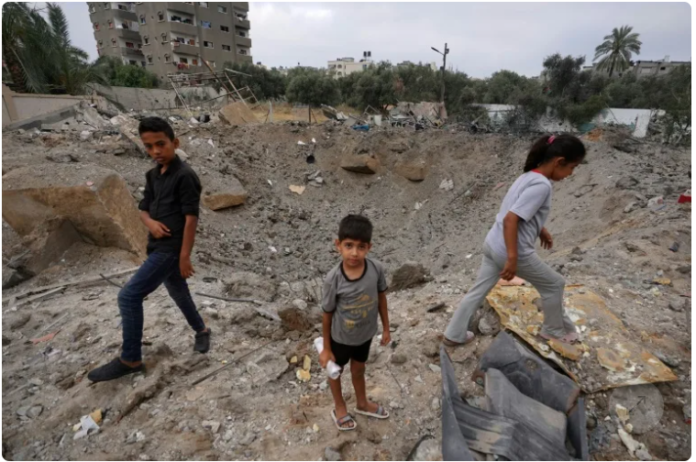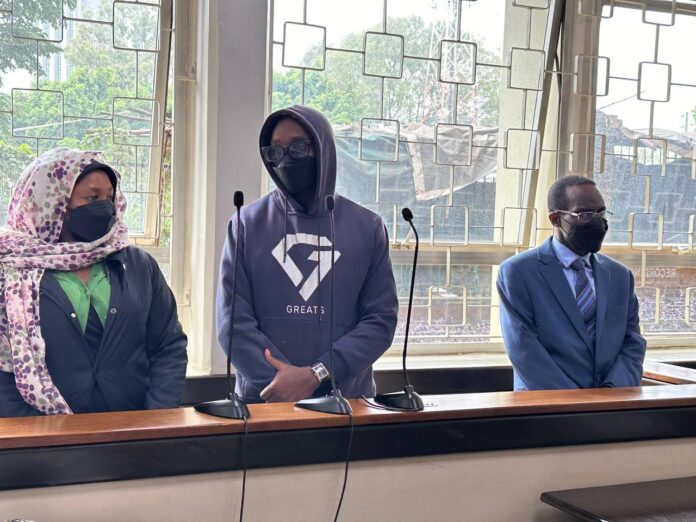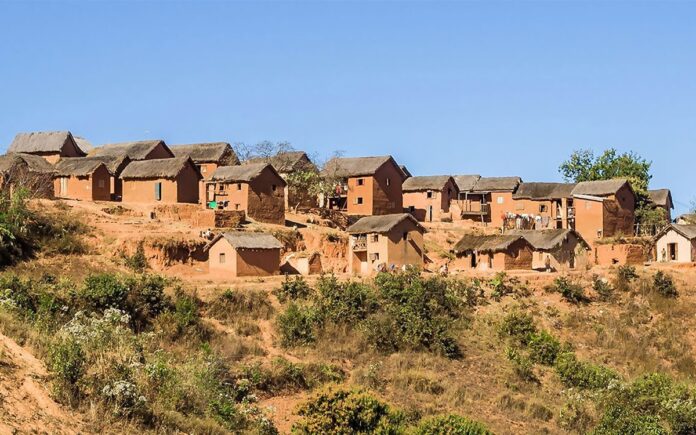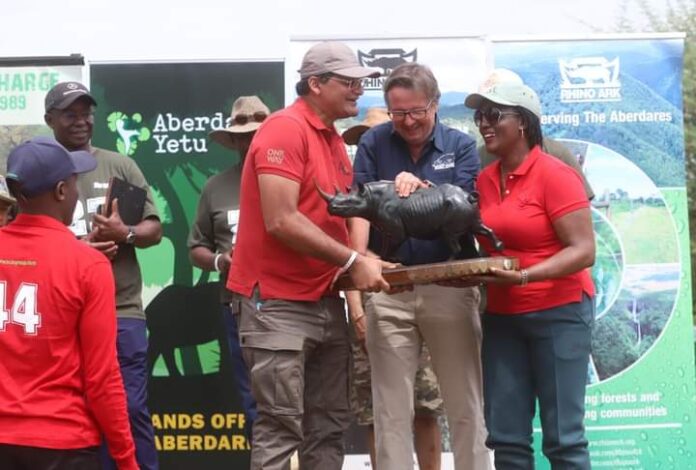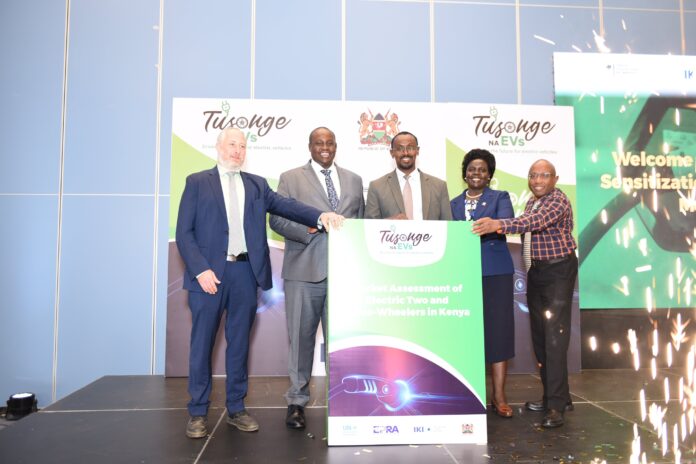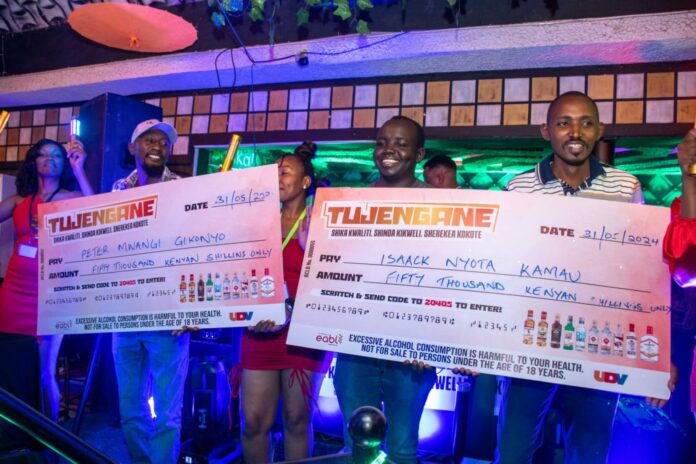Doubts were growing on Monday about a plan for a Gaza ceasefire and hostage release deal outlined by US President Joe Biden, as heavy fighting raged for a third day since his White House address.
Biden on Friday presented what he labelled an Israeli three-phase plan that would end the bloody conflict, free all hostages and lead to the reconstruction of the devastated Palestinian territory without Hamas in power.
However, Netanyahu’s office quickly stressed that Israel would push on with the war sparked by the October 7 attack until all of its “goals are achieved” including the destruction of Hamas’s military and governing capabilities.
Israeli media have questioned to what extent Biden’s speech and some crucial details were coordinated with Netanyahu’s team, including how long any truce would hold and how many captives would be freed when.
Hamas on Friday said it viewed Biden’s outline “positively”, but since has made no official comment on the stalled negotiations, while mediators Qatar, Egypt and the United States have not announced any new round of talks.
Israeli government spokesman David Mencer on Monday quoted Netanyahu as saying that the outline Biden presented was only “partial” and that under the plan fighting would only stop temporarily “for the purpose of returning the hostages”.
White House National Security Council spokesman John Kirby had said Sunday that “we have every expectation that if Hamas agrees to the proposal… that Israel would say yes”.
And US Secretary of State Antony Blinken “commended” Israel on the plan in a phone call with war cabinet member Benny Gantz and Defence Minister Yoav Gallant, the State Department said.
But for now, the bombardment and ground combat showed no sign of easing in the Gaza war soon to enter its ninth month that has devastated the coastal territory of 2.4 million people.
On Monday the Israeli military said that over the past day its forces had struck “over 50 targets in the Gaza Strip”.
Gaza hospitals reported at least 19 people killed in overnight strikes.
And Netanyahu stressed in a video message that “we have gone to great lengths to bring them (hostages) back, but during this effort we have kept the war’s objectives in mind, mainly the elimination of Hamas.
“We insist on completing both tasks. This is part of the plan,” he said.
– Heavy fighting –
The Gaza war was sparked by Hamas’s October 7 attack, which resulted in the deaths of 1,190 people, mostly civilians, according to an AFP tally based on Israeli official figures.
Militants also took about 250 hostages, 120 of whom remain in Gaza, including 37 the army says are dead.
Israel’s retaliatory bombardment and ground offensive have killed at least 36,479 people in Gaza, mostly civilians, the Hamas-run territory’s health ministry said on Sunday.
Some 55 percent of all structures in the Gaza Strip have been destroyed, damaged or possibly damaged since the war erupted, according to the United Nations satellite analysis agency.
Heavy fighting has raged especially in Gaza’s far-southern Rafah area near the Egyptian border, where most civilians have now been displaced once more, according to UN agencies.
Air strikes and artillery shelling were reported in Rafah, mainly in the Tal al-Sultan neighbourhood, as well as in Gaza City in the territory’s north, witnesses told AFP.
The military said troops were carrying out “targeted operations in the Rafah area”, where they had “located terror infrastructure and large quantities of weapons”.
Gaza’s European hospital said 10 people were killed and several wounded in an Israeli air strike on a house near the main southern city of Khan Yunis.
And six people were reported killed in a strike on a family home in the central Bureij refugee camp, according to the Al-Aqsa Martyrs hospital.
Gaza civil defence spokesman Mahmud Bassal said in Jabalia that his teams had “retrieved more than 360 martyrs” in recent weeks and that “there are still families under the rubble”.
– Post-war scenarios –
Netanyahu — a hawkish veteran leading a fragile hard-right coalition government — is under intense domestic pressure from multiple sides.
Relatives and supporters of hostages have staged mass protests demanding that he strike a truce deal — but the premier’s far-right coalition allies are threatening to bring down the government if he does.
According to Biden, Israel’s three-stage offer would begin with a six-week phase that would see Israeli forces withdraw from all populated areas of Gaza and an initial hostage-prisoner exchange.
Both sides would then negotiate for a lasting ceasefire, with the truce to continue as long as talks are ongoing, Biden said, adding it was “time for this war to end”.
Finance Minister Bezalel Smotrich and National Security Minister Itamar Ben Gvir, leaders of extreme-right parties, have warned they would leave the government if it endorsed the truce proposal.
Gallant, who has criticised Netanyahu over the lack of a post-war plan for Gaza, said Sunday that Israel was “assessing a governing alternative” to Hamas to rule the territory after the war ends.
UN and other aid agencies have warned for months of the looming risk of famine in the besieged territory.
At a hospital in Deir al-Balah, 33-year-old Amira al-Taweel told AFP that her frail son, suffering from malnutrition, “needs treatment and milk, but there’s none available in Gaza”.









